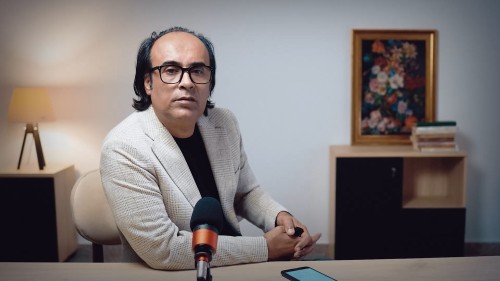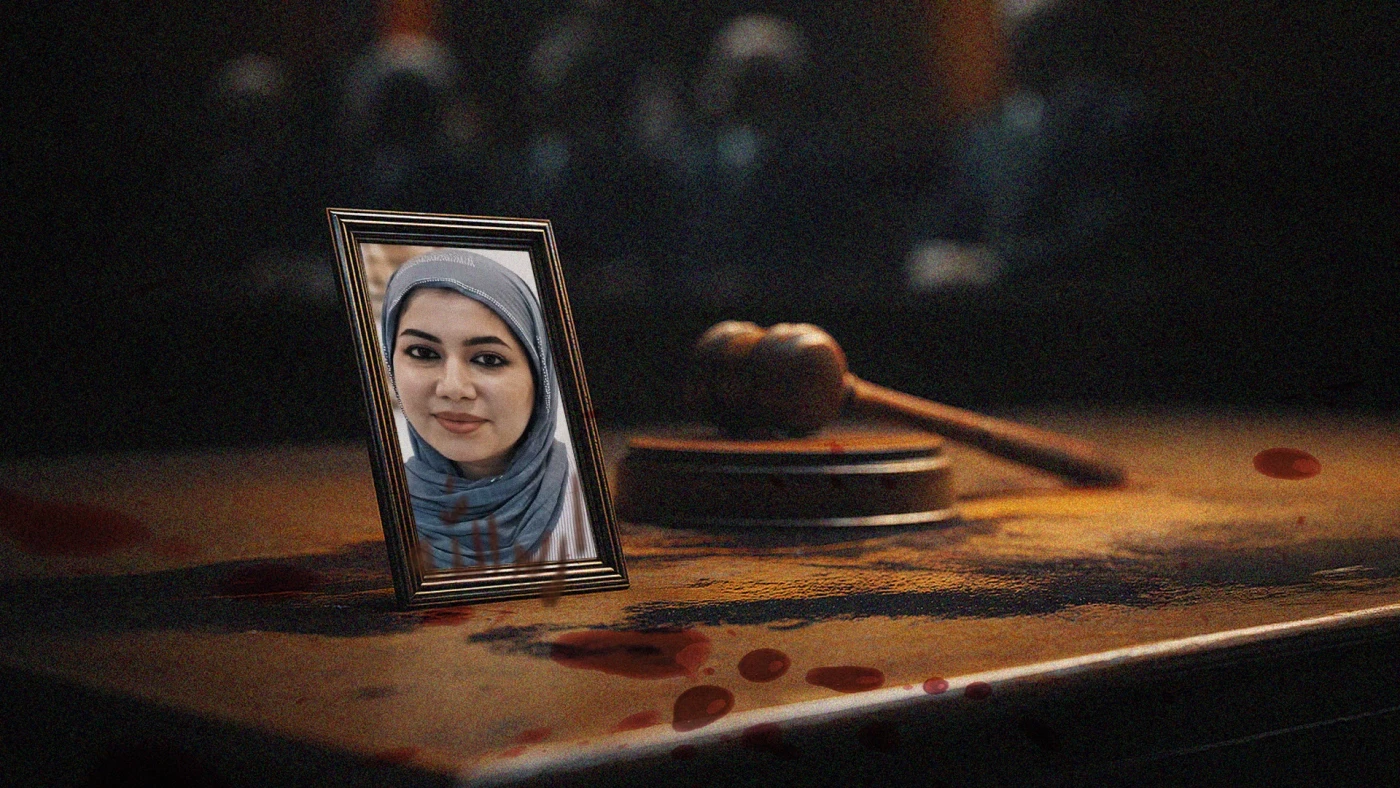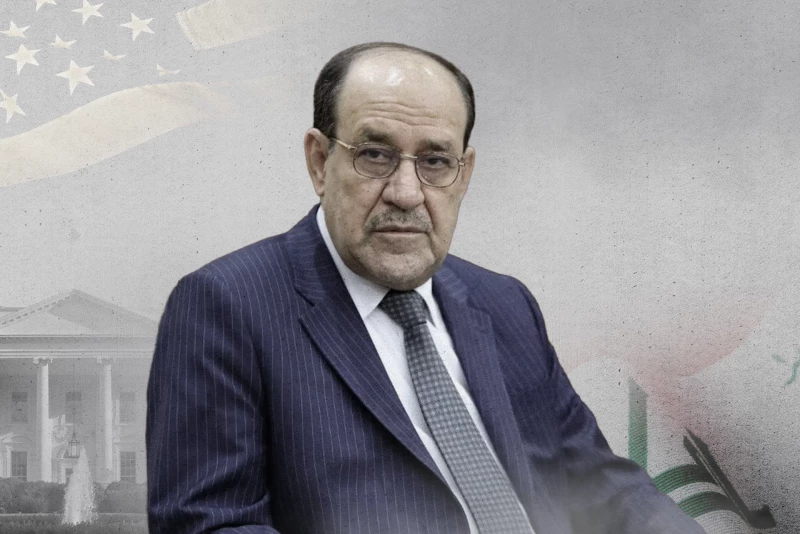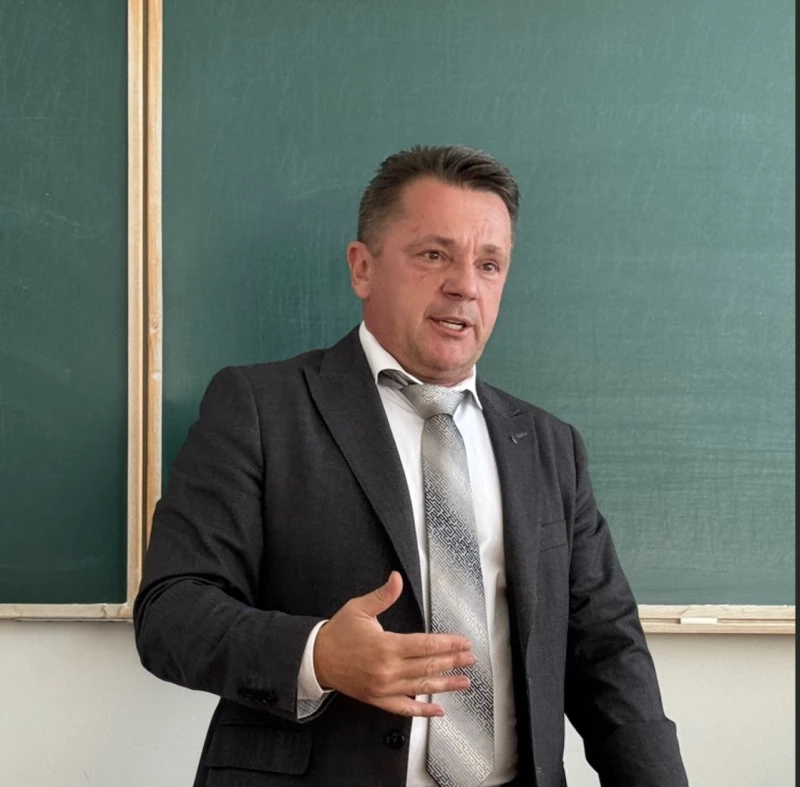In a rare reaction, Iraq’s Supreme Judicial Council said on Thursday that it regretted the rumors spreading about the death of Dr. Ban Ziyad Tariq in Basra, even though an official clarification had already been issued on Monday about the nature of her death.
The story began when the doctor’s body was found in her home in Basra on August 4. It quickly became a public case and has now, at least for the time being, ended with a wave of public doubt in the Iraqi judiciary. The statement of “regret” looks less like reassurance and more like a response that makes the doubts stronger.
In similar cases around the world, public opinion has huge influence and pressure. The “people’s court” created by media and social networks often pushes the judiciary to respond.
The judiciary, as a key institution of the state, tries to argue with public opinion, rather than relying only on the cold language of legal texts and court rulings.
Trust in the judiciary is a basic condition for trust in the state itself, because the judiciary is the last barrier before the collapse and breakup of the state.
Winning people’s trust does not come simply from issuing rulings. It requires paying attention to public opinion and convincing people that the judiciary serves them in the end and is not just an arm of the ruling elites.
Casting doubt on the judiciary or accusing it of bias is sometimes used as a way to pressure it to perform better. But there is no replacement for this institution. Respect for the rule of law, even if some people think it is unfair, remains the basis for civil life and state authority.
In Plato’s dialogue Crito, Socrates says that the law is like one’s parents: whoever breaks it or escapes its rulings destroys the foundations of society.
This is why Socrates refused to escape Athens after he was sentenced to death. He told his students, “If I break the ruling and run away, I destroy the law itself, and justice loses its meaning.”
The rulings of public opinion in big cases are not always legally correct. There will always be a gap between what the people believe and what the law decides. But public judgment does not come from nothing. People care about a case not just for excitement, but because it feels personal. They think the injustice against someone like Dr. Ban Ziyad could happen to them too.
As soon as this case went beyond the first reports about the cause of death, “influencers” on social media took it up and turned it into a tool in political and even ideological battles. Many people became convinced the doctor was killed and did not kill herself, based on reports and testimonies.
A smaller group insisted that the final decision should remain with investigators and the judiciary because of the sensitivity of the case and the possible impact on others close to the victim.
What poisoned the atmosphere most was that a powerful political group adopted the “suicide” version from the start, even before the investigations were finished. When the court ruling later matched this version, suspicions grew that the judiciary was under political control, especially in a country with a long record of such cases. Some people recalled the case of Nour Zuhair as a sarcastic example of political power interfering in Iraq’s judiciary.
The deep loss of trust in the Iraqi judiciary is dangerous and sad. The only way to restore that trust is through smart openness to public opinion, taking its fears seriously, and showing the successes of the judiciary in cases where it sides with citizens against the powerful, no matter who they are.
This does not mean the courts should always follow the “people’s court.” Sometimes they may agree, sometimes they may not. But what really damages the state is when the judiciary keeps appearing to stand with political actors, especially in a country where people know very well, from long experience, how much corruption and destruction these actors bring to politics, society, and the economy.



 Facebook
Facebook
 LinkedIn
LinkedIn
 Telegram
Telegram
 X
X


